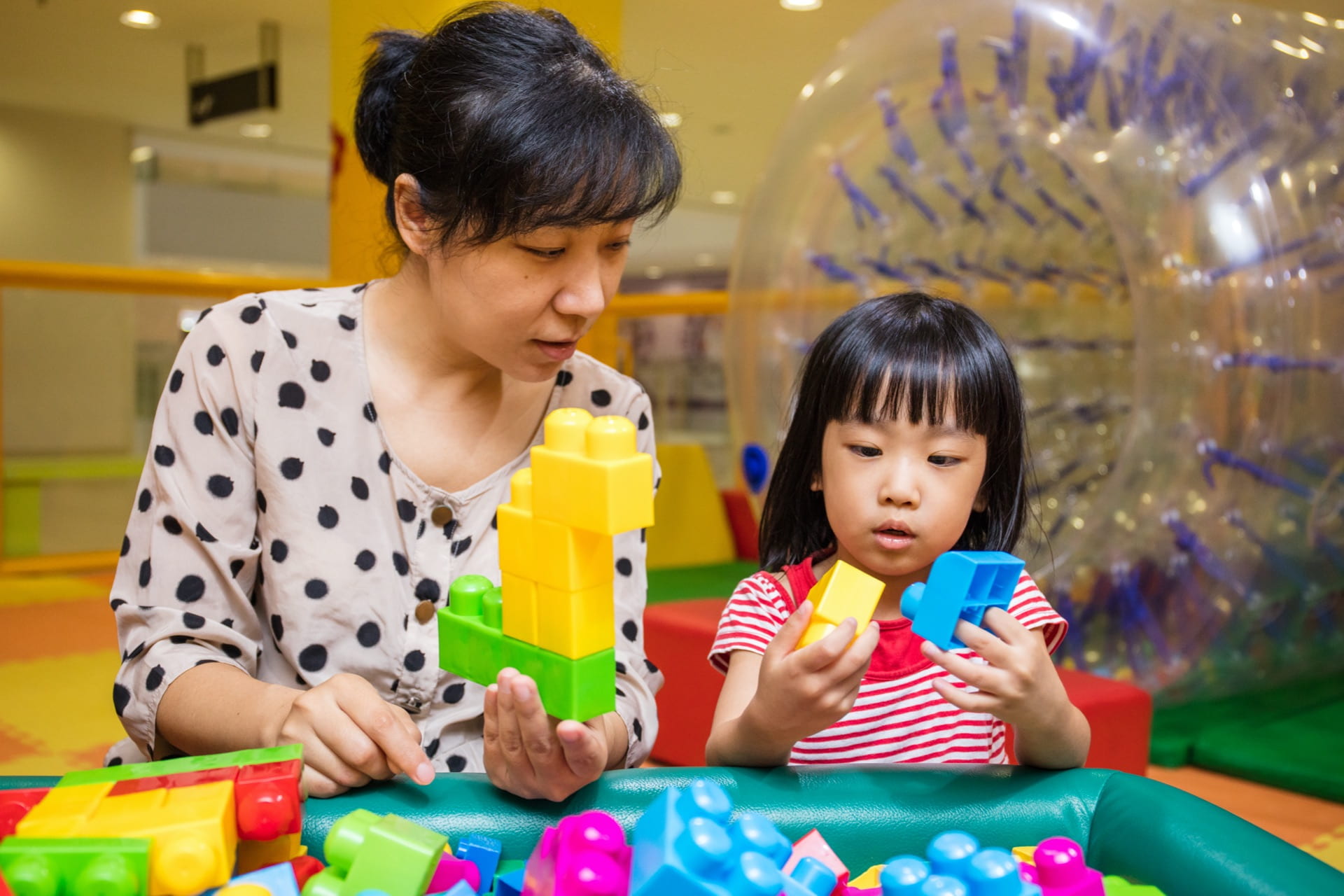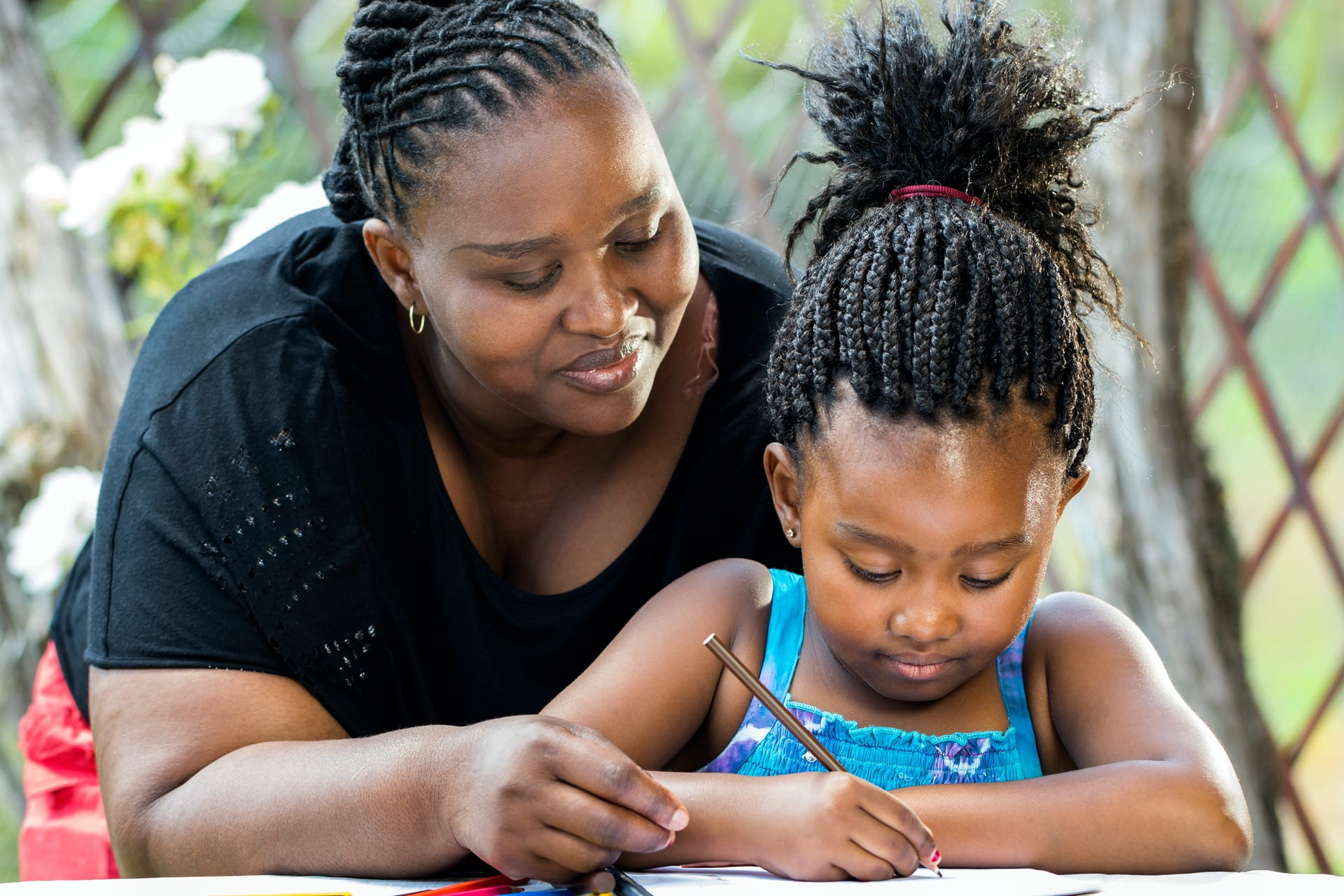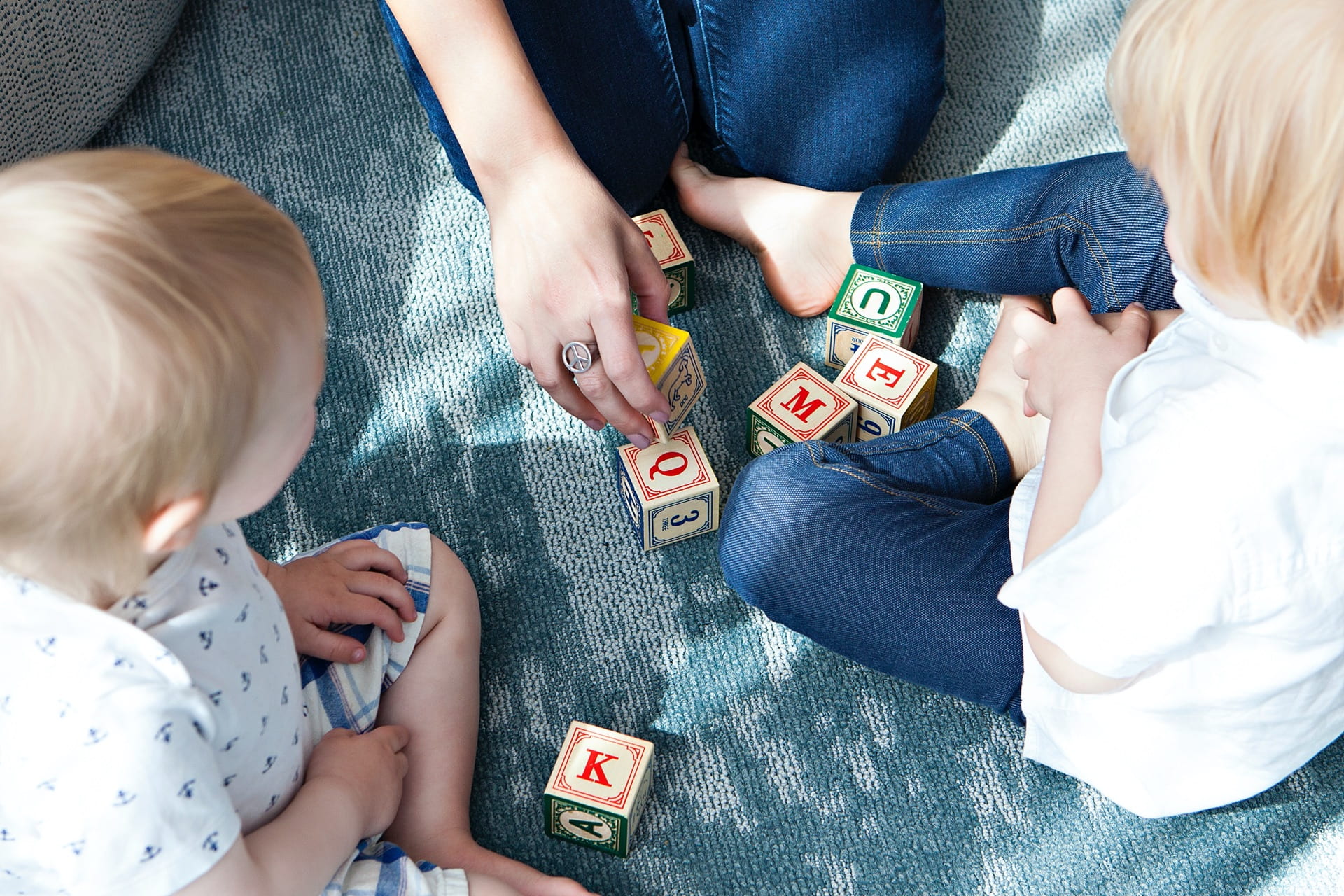Projects
Research Overview
We study patterns of day-to-day interaction between parents and children and how these patterns act as risk or protective factors for child outcomes. A central focus is on regulatory processes. The early development of self-regulation is essential to multiple aspects of positive child development and difficulties with self-regulation underlie problematic behaviors, such as externalizing and internalizing behavior problems. The parent-child relationship is the main context for the development of these self-regulation skills in early childhood. Parents model self-regulation skills when disciplining children and children practice how to self-regulate when responding to parental guidance. Parents and children also “coregulate” one another as they influence one another’s emotions, behaviors, and physiology. Thus, understanding how parent-child interactions support or hinder children’s self-regulation has implications for the etiology of regulatory development and for family interventions, given that most treatment approaches involve attempts to change and improve parent-child interaction patterns.
Our work is interdisciplinary: theoretical and methodological frameworks include developmental psychology, clinical psychology, prevention science, and dynamic systems theory. Thematically, our work is organized around two core questions. First, how do dynamic parent-child interaction patterns act as risk or protective processes in the pathway from familial risk factors to children’s problem outcomes? Second, how can we use a better understanding of these dynamic patterns to inform prevention and intervention efforts with families to make these efforts more effective?
Want to learn more? Follow our updates on ResearchGate.

Current Projects
Parent Regulation, Engagement, Stress, and Health (PRESH; 2019-2023): The goal of PRESH is to better understand the etiology of harsh discipline and to identify malleable targets for prevention. We will examine whether emotional, cognitive, and biological individual and dyadic regulatory processes act as key underlying mechanisms that explain individual differences in harsh discipline frequency and severity across early childhood, accounting for contextual risk factors. Single-parent and dual-caregiver families will participate remotely or in the laboratory at child ages 2 ½, 3, 4, and 5. We hope that results from PRESH may inform how existing prevention programs can more effectively target parent and parent-child regulatory processes to better prevent harsh discipline. PRESH is funded by the National Institute of Child Health and Human Development (R01HD097189; PI: Erika Lunkenheimer; CO-Is: Sy-Miin Chow, Mike Mackenzie, Hannah Schreier, and Melissa Sturge-Apple).
For questions about PRESH, contact Alexa Nordine at akn5556@psu.edu or Sandy Rosario at snr3@psu.edu.
Parents as Resilient Thinkers (PART; 2020): The goal of PART is to investigate family regulatory processes during the COVID-19 pandemic with a remote, cross-sectional sample of mothers with children ages 2 through 6 years. First, we will test maternal executive functions (inhibition, working memory, and set shifting) as protective buffers in relations among family risk factors and harsh and neglectful parenting. Second, we will examine patterns in mothers’ use of screen-based devices to determine the role of these devices in family regulation and dysregulation. Third, we will examine patterns in mothers’ stress responses to the COVID-19 pandemic, and look at how these responses interplay with mothers’ harsh and neglectful parenting and screen-based device use. PART is funded by the Child Study Center at Penn State (PI: Catherine Diercks, CO-I: Erika Lunkenheimer).
For questions about PART, contact Erika Lunkenheimer at ezl5238@psu.edu.
PaRenting in Stressful Moments (PRISM; 2018-2020): The goal of PRISM is to combine ecological momentary assessment (EMA) of parent and child behavior during disciplinary episodes with real-time sampling of parent and child regulatory physiology via wearable technology [heart rate (HR) and respiratory sinus arrhythmia (RSA)] to examine whether and how these factors couple in the home setting. This pilot study is designed to determine whether we can obtain ecologically valid measurement in the home with typical families and show concurrent validity with laboratory measures. A primary goal is establishing proof of concept that stress physiology and disciplinary behavior couple systematically within-person in typical families in naturalistic settings. PRISM is funded by the Social Science Research Institute at Penn State (PI: Erika Lunkenheimer; CO-I: Timothy Brick).
For questions about PRISM, contact Erika Lunkenheimer at ezl5238@psu.edu.

Completed Projects
Parenting Young Children Project (PYCP; 2012-2017): When parents are already stressed or overburdened, even small, daily stressors can be difficult to manage. This may be especially challenging for parents of toddlers and young children who need close supervision, support, and guidance, and who also test their parents’ limits on a regular basis. In these situations, stressed parents may have difficulty regulating their emotions and behaviors with their children. In the PYCP, we sought to understand how parents and children regulate their behaviors, emotions, and physiology with one another while tackling challenges. Our goal was to examine how moment-to-moment patterns and fluctuations in things like heart rate, expression of positive and negative emotions, and behaviors such as discipline and compliance acted as risk and protective factors for familial problems. The question was whether a better understanding of these interaction patterns could help us to predict which families may be at higher risk for child maltreatment. The PYCP was a longitudinal study involving behavioral observations, questionnaires, and physiological data at three time points: when children were aged 2 1/2, 3, and 4 years. Mothers and fathers filled out questionnaires at all three time points, and mothers, fathers, and children came into the laboratory when children were 3 and 4 years of age. We examined patterns of interaction between parent and child, measuring emotions, behaviors, and physiological factors such as heart rate, breathing, and skin conductance. Children also took part in individual tasks with the experimenter to assess aspects of self-regulation and behavioral adjustment. Families were recruited for the study through partnerships with local schools, community agencies, organizations, and Child Protective Services. The PYCP was funded by the National Institute of Child Health and Human Development (K01HD068170; PI: Erika Lunkenheimer, CO-Is: Kristin Buss, Pamela Cole, Ruth Feldman, David Olds, and Elizabeth Skowron).
For questions about the PYCP, contact Dr. Erika Lunkenheimer at ezl5238@psu.edu.
Parent-Child Interaction Study (PCIS; 2008-2010): Three-year-old children are at a special time in their development. They are gaining autonomy and taking on new self-regulation skills. Their parents are teaching them continually, through direct and indirect means, how to regulate themselves. We know that parents are extremely important influences on young children and that certain parenting behaviors are more likely to promote children’s better self-regulation skills. But we know much less about how this process occurs moment-to-moment. In the PCIS, we sought to establish a model of how parents and children coregulate their emotions, behaviors, and physiology during interactions such as play, disciplinary tasks, and joint problem-solving. We examined varying dimensions of parent-child coregulation such as flexibility, rigidity, contingency, synchrony, and repair. We examined whether these dyadic processes were related to various risk factors in the family and children’s developing self-regulation skills. The PCIS was a short-term longitudinal study involving behavioral observations, questionnaires, and physiological data when children were aged 3 ½ and 4. Mothers and their preschoolers were observed communicating, playing, and solving puzzles together in the laboratory. We studied patterns of interaction between mother and child, measuring emotions, behaviors, and physiological factors such as heart rate, breathing, and skin conductance. Children also took part in individual tasks to measure self-regulation and behavioral adjustment. Mothers, fathers/partners, and teachers filled out questionnaires. The PCIS was funded by the College of Health and Human Sciences at Colorado State University (PI: Erika Lunkenheimer).
For questions about the PCIS, contact Dr. Erika Lunkenheimer at ezl5238@psu.edu.
